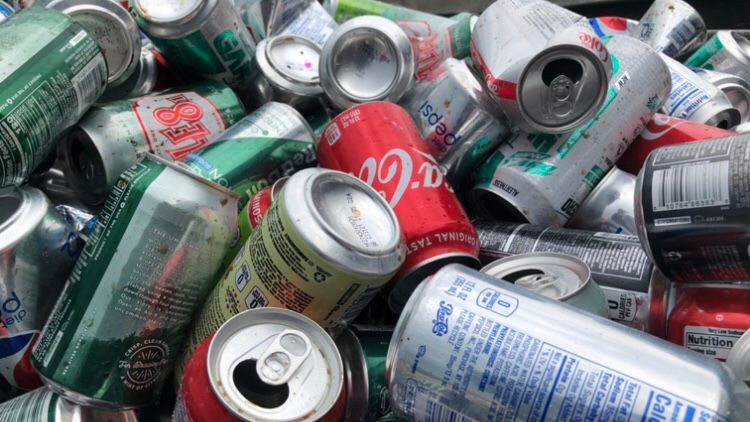CLEVELAND — The city of Cleveland has extended the opt-in period for its revamped recycling program through Nov. 5 due to “increased demand.”
The deadline previously was Oct. 22, but the city noted an increase in the last two weeks of registration. As of Friday, 17,000 Cleveland residents have signed up for the recycling program.
Mayor Frank Jackson said earlier this year the city intends for the program to launch by the end of the year. Jackson’s office says when the service begins, pickups will be held biweekly.
“The decision to extend the deadline helps ensure that everyone who wants to participate in the first round of the new recycling program has the opportunity to do so,” Jackson said in a statement. “We are encouraged by the increase in requests and are committed to working alongside residents to establish a more efficient and sustainable waste and recycling collection process.”
Those interested can call 216-664-3030 or fill out an online form.
The city said it suspended its recycling program in 2020 due to “high contamination rates and inability to solicit a favorable contract for recycling processing services.” City officials said it will require participants of the new recycling program to sign a pledge agreeing to the program’s guidelines.
In a survey of recycled materials in September 2020, 62% of the material turned out not to be recyclable, according to a report prepared for the city. The report, which was prepared by GT Environmental, found much of the material consisted of non-recyclable plastics and cardboard.
The report conducted an audit of other cities’ recycling programs and found an average of 19.7% of materials were made of contaminants. Some of the cities, however, accepted small metal appliances, rigid plastics and plastic tubs unlike Cleveland.



